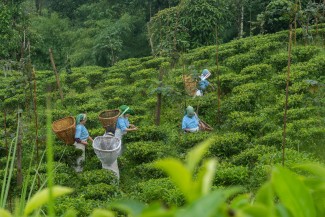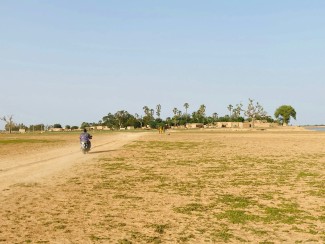In a country with a majority of the population cultivating small plots of land, empowering smallholder farmers is the key to economic success
National Smallholder Farmers’ Association of Malawi (NASFAM) Chief Executive Officer Betty Chinyamunyamu is creating links between farmers and markets in Malawi, and discusses the possibilities for the country’s cultivators.
How is the partnership between NASFAM, the Government of Malawi and EIF working with Malawi’s farmers?
Malawi is a country that has been depending on two crops: maize and tobacco. The crops that this partnership is promoting are crops that are in the National Export Strategy; they are new crops that the government is encouraging farmers to move into.
And there are farmers who would like to get into these crops but not many have been able to do so and those that have been able to start growing – for example soya – their yields are still very low and in most cases the quality is not good enough because they haven’t yet mastered how to grow the crop, how to do the post-harvest handling, etc.
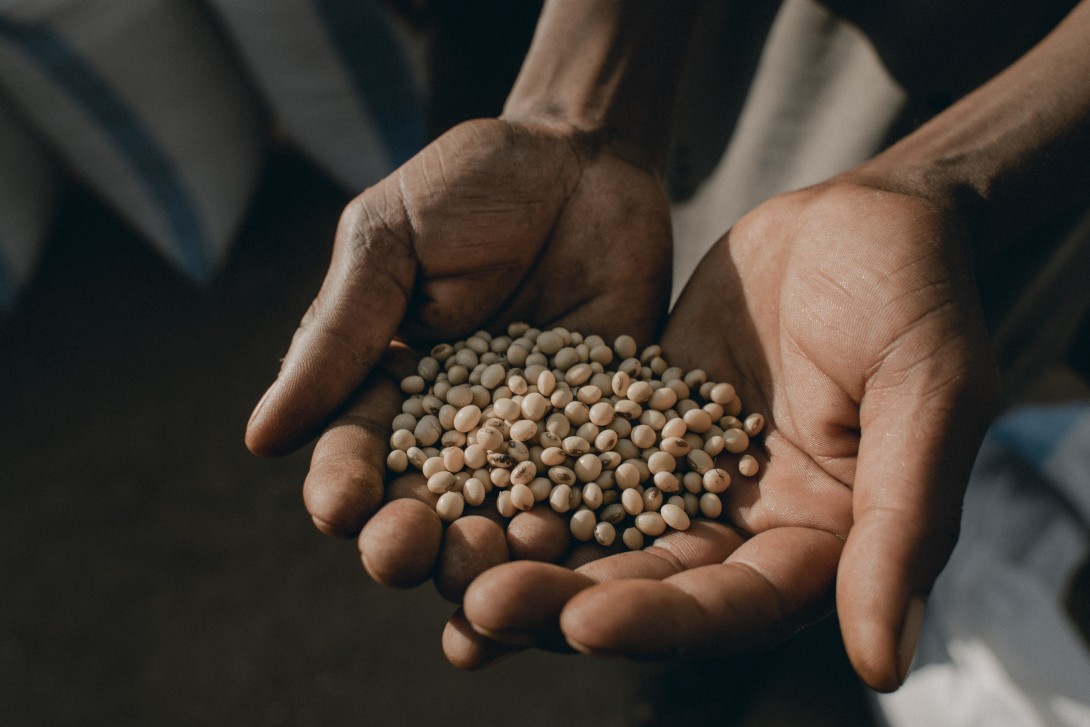
So how are you working to address this gap?
The ‘anchor farm’ is an inclusive business model where smallholder farmers are helped to produce a better crop and integrated into commercial farming.
The farm works with ingrowers as well as outgrowers. Ingrowers are farmers who are allocated a piece of land on the farm and they are given help – like different kinds of technical assistance – to be able to produce the government’s target crops that ordinarily they wouldn’t be able to produce in their villages or communities.
For example, for a farmer to produce certified seed it is very complicated because of all the requirements. But by participating in this project they are able to produce certified seed and that gives them a better income because seed is more expensive than just growing grain.
They are also trained how best to grow the crops to help them to improve their yields. As we speak, for soybeans we’ve seen an about 40-45% improvement in yields and for groundnuts we’ve seen an increase of about 60%.
With outgrowers we buy the commodity so it’s like a contract, and that’s a really big deal for the farmer. When you speak to many smallholder farmers in Malawi the biggest challenge that they talk about is lack of markets. There are many farmers they put a crop in the soil without any idea where they are going to sell it. Just the assurance that the crop will be bought is one big thing, and more importantly that it’s going to be bought at a good price – it’s like the icing on the cake.
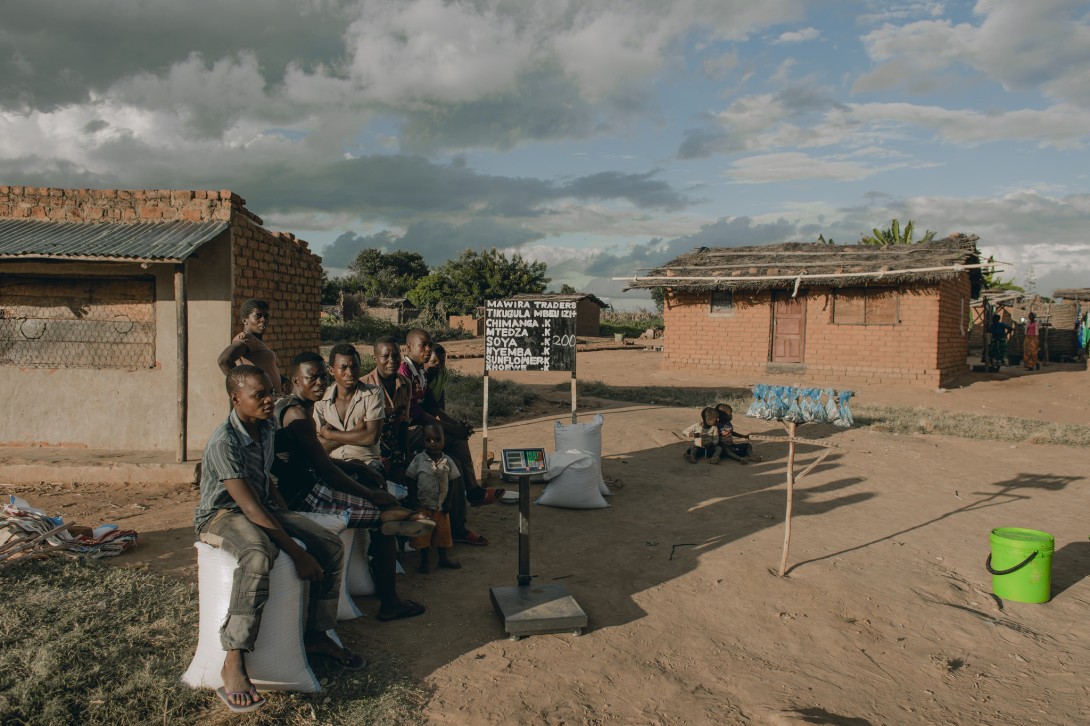
What kind of results have you seen?
We’ve seen tangible results with improvements in the yields doubling or more than doubling and we’ve also seen farmers accessing good markets. We’ve seen them improving their bargaining skills because now if a buyer comes we’re able to negotiate for a price and that is something that is really empowering to the smallholder farmers.
Secondly, we’re linked to formal markets – for peanuts we package them and these nuts end up in supermarkets. When a farmer eventually sees the nuts in a packet sold in a supermarket it really gives them a good feeling that the product that they’re producing is feeding lots of Malawians.
It sounds like the work has seen benefits for farmers both quantitative and qualitative.
Ultimately, the farmers are getting a good price. Of the 6,500 farmers we’re working with, 53% are women. Women don’t have many other opportunities for raising income and usually the one crop that they produce once a year is their only source of livelihood. So if they can get a good price from the crop that is the guarantee they will have enough money for all their other needs, to send their children to school, etc.
It’s difficult to emphasize enough how important it is for a farmer to get a good price. A farmer participating in the project is able to get 230% more than other farmers in the same area. And that is something that can really transform a person’s life, meaning taking somebody out of poverty just by helping them produce a better crop and also helping them to find a better market.
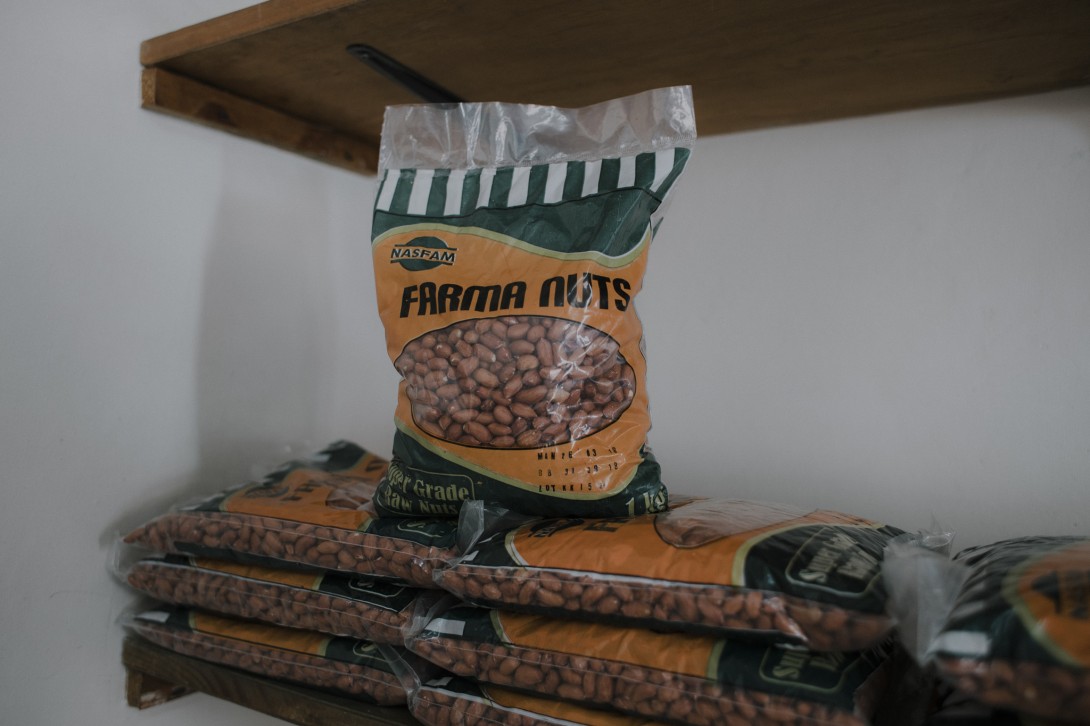
Can you explain making those key connections between farmers and markets?
Our work just doesn’t stop with farmers on the anchor farm. We have a processing plant in Lilongwe where we process all the products that the farmers produce for both the local and export markets. For the country, the exports are contributing to the generation of forex, which is something that the country desperately needs. So it is a much bigger picture and not just about helping a farmer to get a better livelihood but it is contributing to Malawi’s economic growth.
What is next for Malawi’s farmers?
This work has had a big impact and we are now looking at export markets because there’s a lot of potential and the better markets we can get the better profits for the farmers.
The partnership with EIF has really been very helpful, specifically because it addressed supply side constraints and the challenges that hinder smallholder farmers from reasonably participating in agribusiness.
We have seen that this project has achieved much more that we though it would, so I hope we can expand it to many other areas in Malawi. Malawi has three million farm households so there is a lot of potential.
Chinyamuyamu will be discussing Malawi’s pilot anchor farm model, improving the lives of smallholder farmers and what lies ahead as part of the panel “Dragon's Den: Bright Ideas for Inclusive Trade Development in LDCs” at EIF’s Global Forum on Inclusive Trade, 13-14 June 2018.
This interview has been edited and condensed for clarity.
If you would like to reuse any material published here, please let us know by sending an email to EIF Communications: eifcommunications@wto.org.


